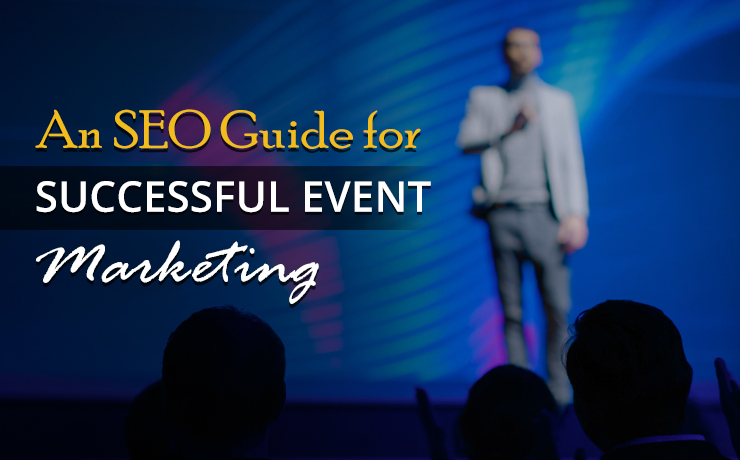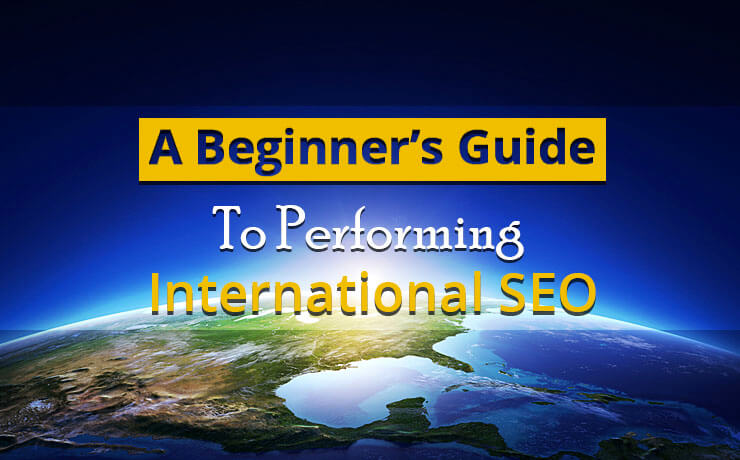
Event marketing is an integral component of any business strategy, as it serves as a platform for building relationships with potential customers, increasing brand awareness, and driving sales. However, with the plethora of events taking place, it is imperative to make yours stand out. Search engine optimization (SEO) plays a crucial role in increasing the visibility of your event and attracting more attendees.
This guide will provide an overview of the basics of SEO for event marketing and demonstrate how to utilize it for the success of your event.
Keyword Research
The initial step in optimizing your event marketing for search engines is conducting thorough research on the keywords that are used by individuals searching for events. Utilizing tools such as Google AdWords Keyword Planner or SEMrush can aid in identifying the most relevant keywords for your event. Once identified, these keywords should be integrated throughout your event marketing efforts, including your event website, event listing, and marketing materials.
Optimizing the Event Website
The event website serves as a primary tool for promoting your event, as it is where individuals will acquire information about the event, register, and purchase tickets. Therefore, it is vital that your event website is optimized for search engines. The following actions can optimize the event website:
- Incorporating keywords in the website’s content and meta tags.
- Utilizing alt tags to describe images on the website.
- Implementing header tags (H1, H2, H3) to organize content and improve readability.
- Incorporating social sharing buttons to encourage sharing on social media.
- Creating a sitemap for the event website and submitting it to Google.
Creating an Event Listing
Creating an event listing on websites such as Eventbrite, Meetup, or Facebook, is another crucial step in optimizing your event marketing for search engines. Event listings aid in the discovery of your event and registration, while also providing search engines with information on the event’s details and location. The following actions can optimize the event listing:
- Incorporating keywords in the title and description of the event listing.
- Including the date, time, and location of the event in the listing.
- Utilizing a clear and compelling image to represent the event.
- Including a link to the event website in the listing.
- Incorporating social sharing buttons to encourage sharing on social media.
Building Backlinks
Backlinks, or links from other websites to your event website, play a significant role in signaling to search engines that other websites consider your event website to be valuable and relevant. The more backlinks your event website has, the higher it will rank in search engine results. The following actions can aid in building backlinks for your event website:
- Reaching out to event bloggers and requesting coverage of your event.
- Creating valuable content, such as a blog post or white paper, and sharing it on social media.
- Submitting your event-to-event directories and calendars.
- Requesting attendees to link to your event website from their own websites.
SEO is the key to making your event shine in a sea of competitors. By putting in the effort to research keywords, optimize your event website, create an irresistible event listing, acquire backlinks, and promote your event on social media, you’ll be on your way to increasing visibility, drawing in more attendees, and boosting sales. SEO is an ongoing process, so don’t forget to keep an eye on your progress and make adjustments as needed.
 Free
Consultation
Free
Consultation Free
Google Ads Audit
Free
Google Ads Audit








